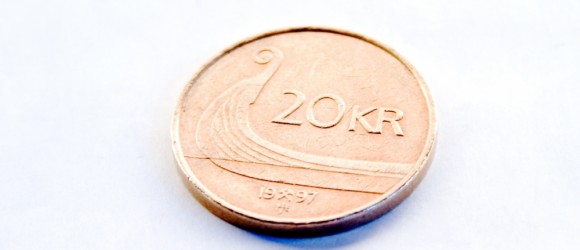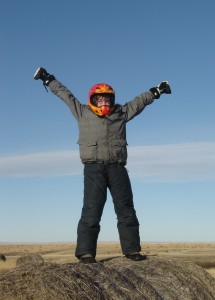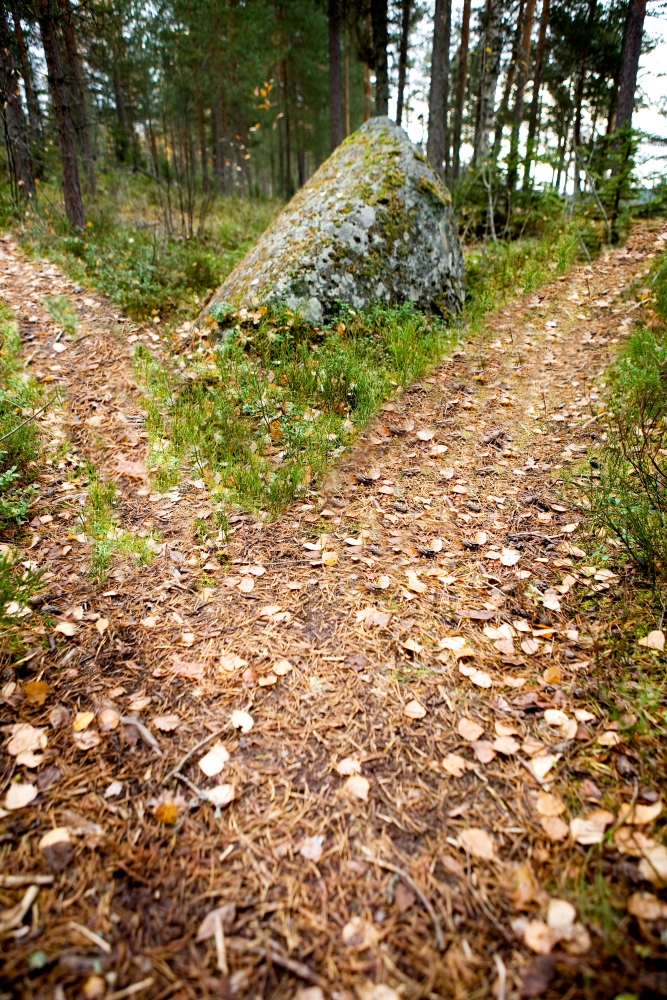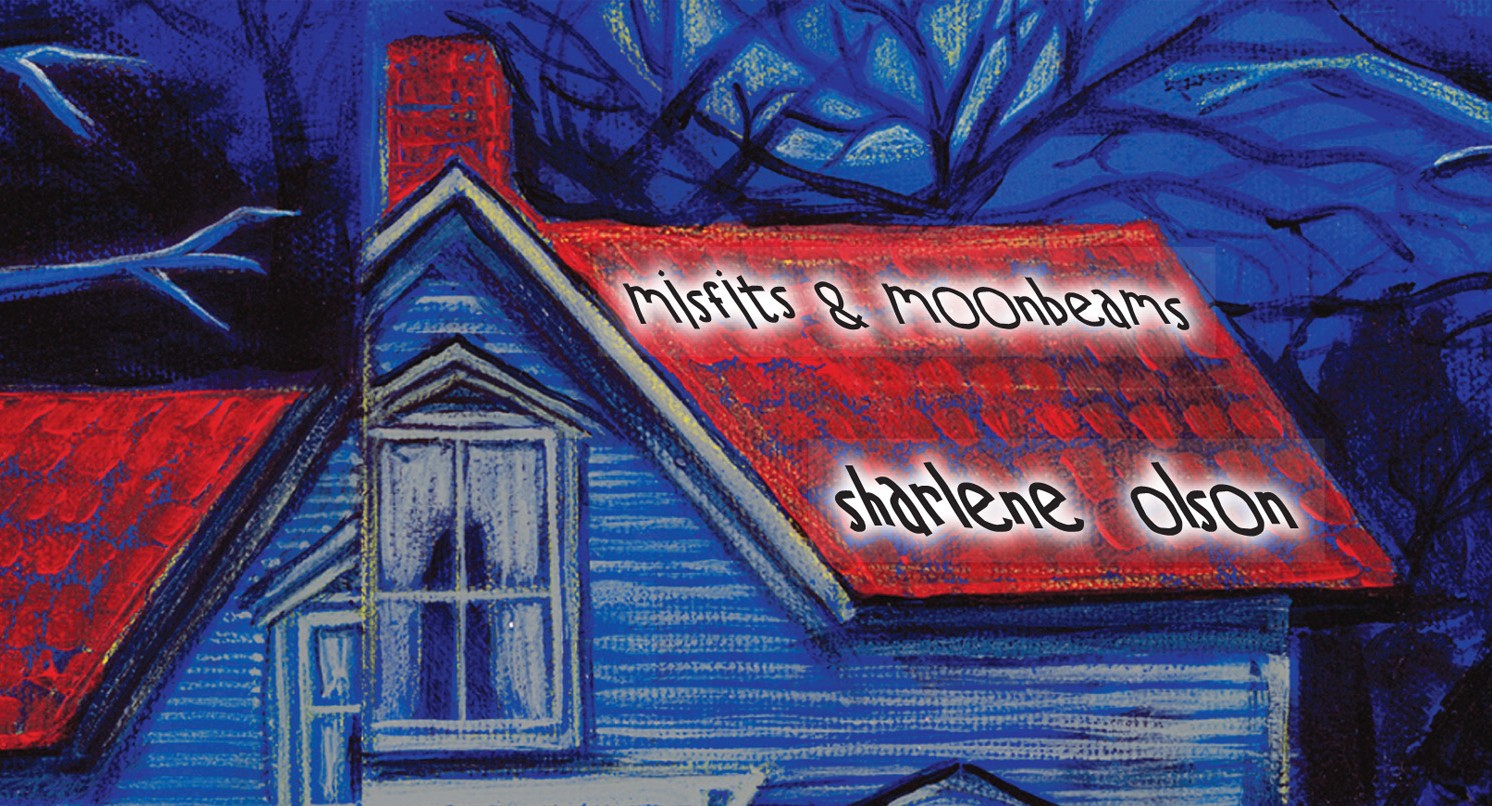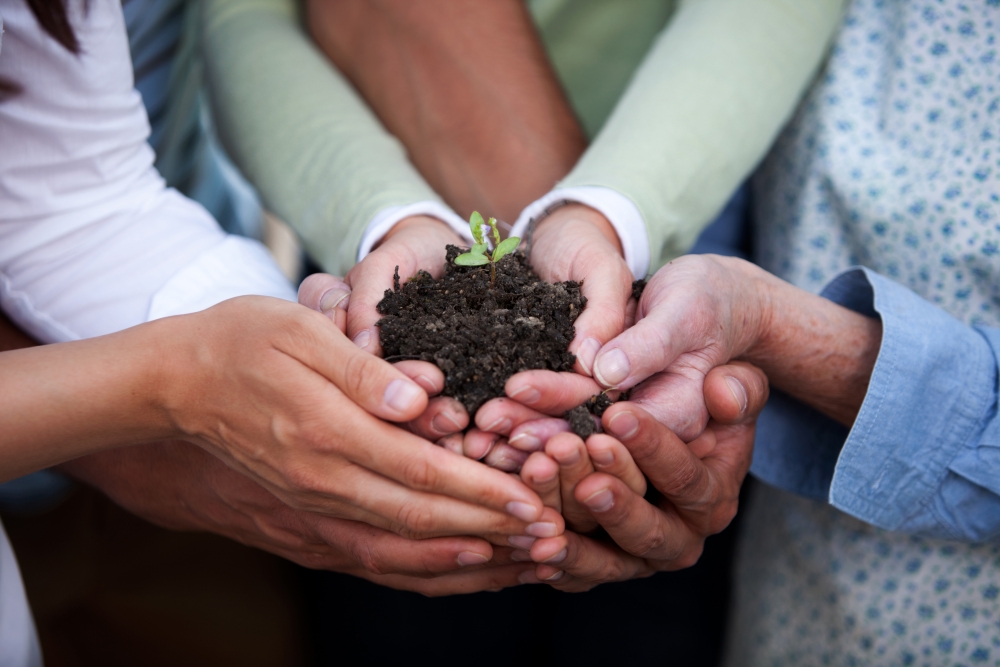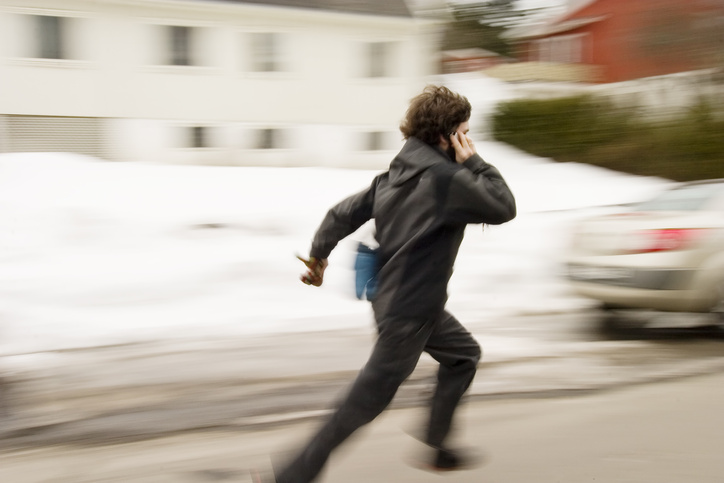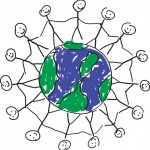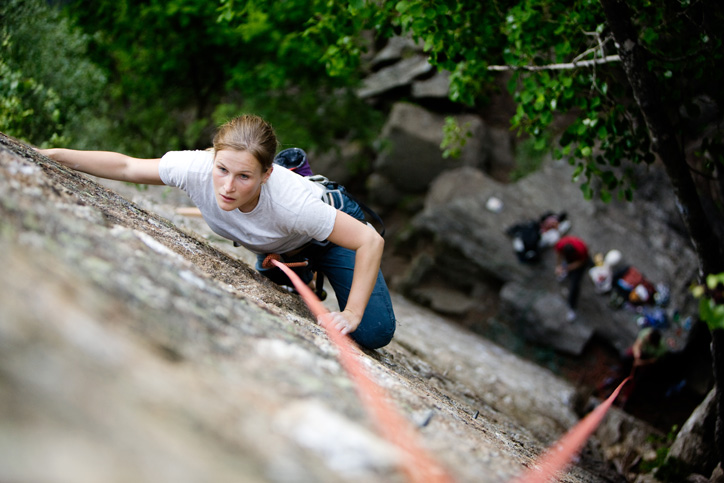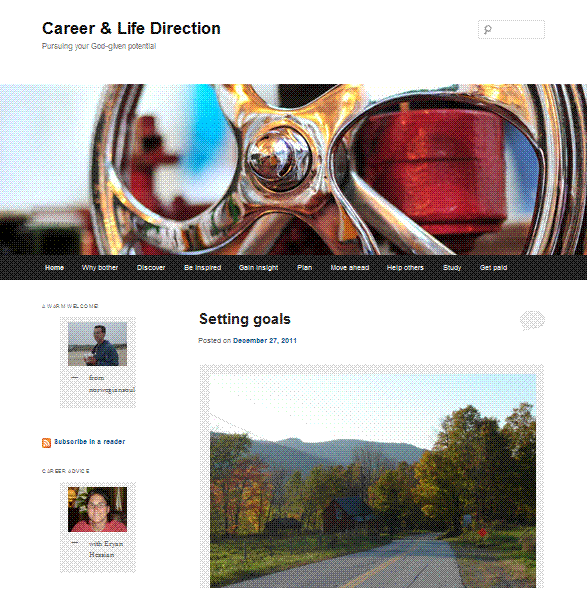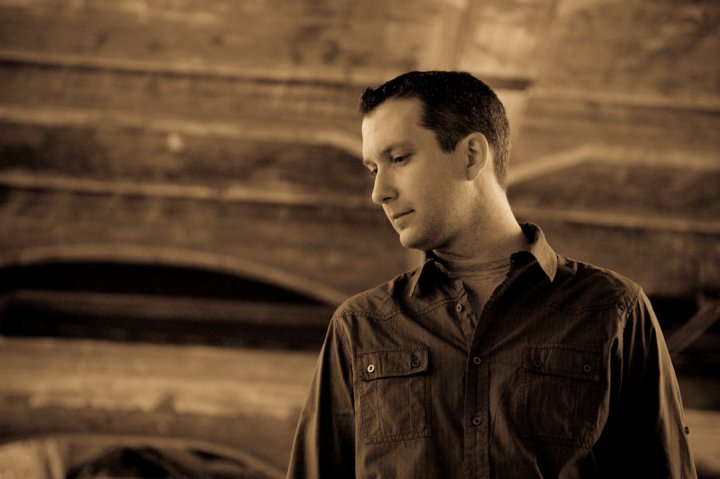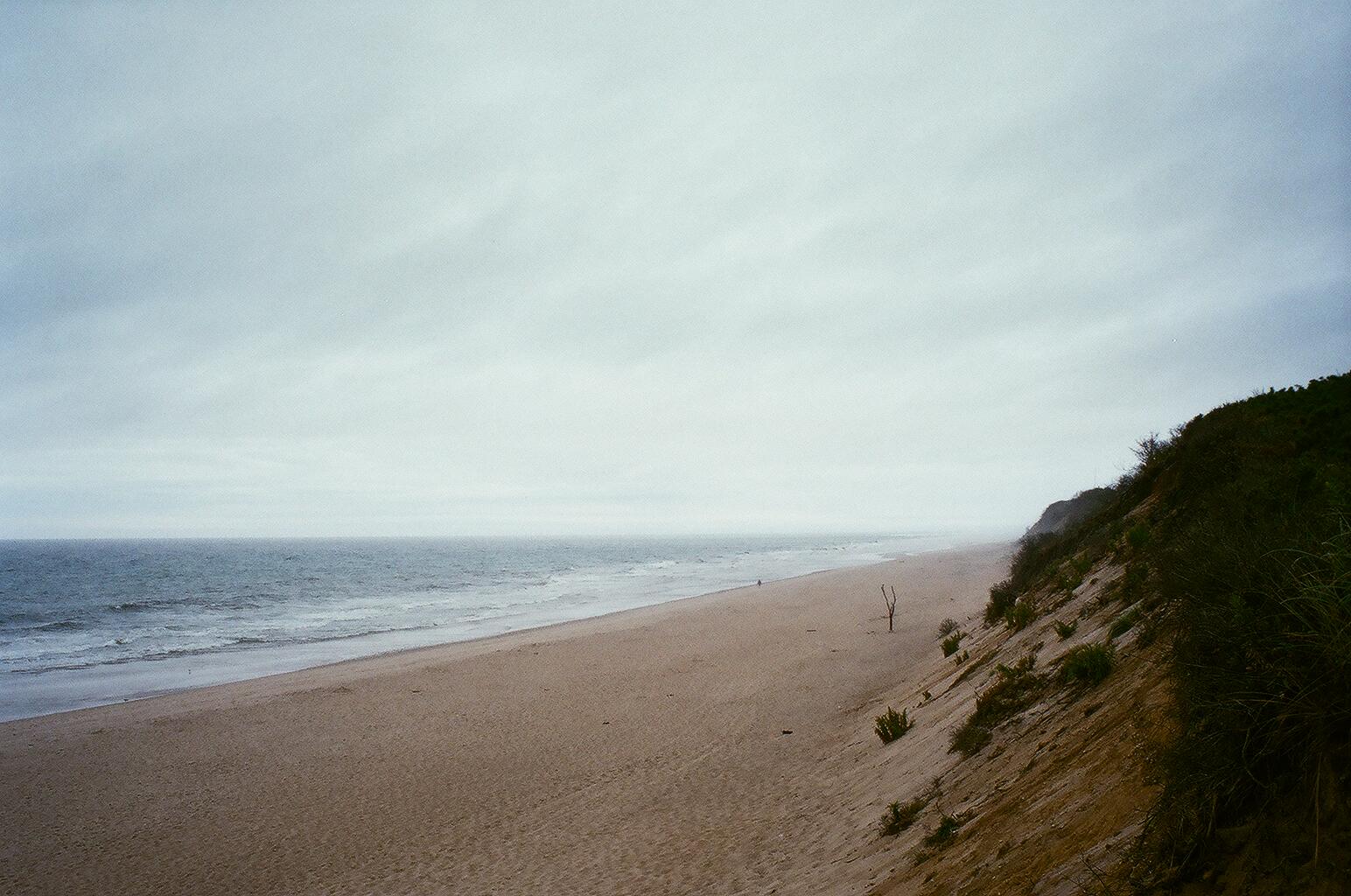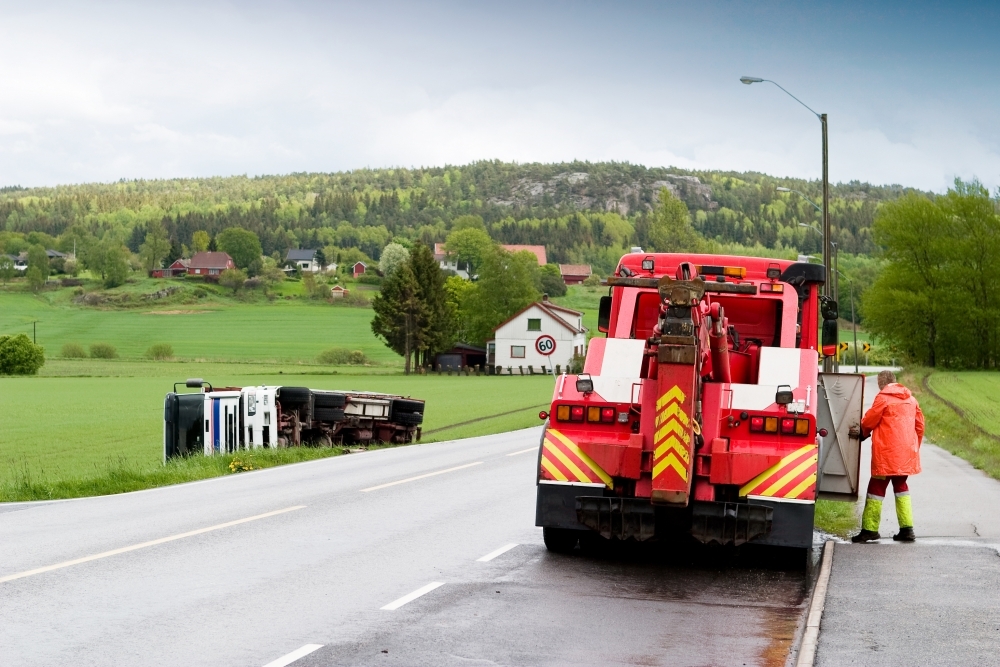Money in my pocket
- At February 10, 2014
- By Nathan
- In Effective living
 0
0
Money talks. The other day, the money in my pocket spoke up and made me feel important. It said how exceedingly special I was in its presence – or so I thought. Reaching deep down, I grasped hold of a fair amount of cash and coins; a little more than usually was there. Rubbing it between my fingers made me feel good. Somehow, I felt more significant than a moment before.
Suddenly…my life mattered.
How valuable is one plain old person without any money in their pocket? What would most people honestly prefer, ten good friends who are poor or $10,000? Wouldn’t most of us take the money and run? After all, more cash on hand does make a difference. And friends with obvious needs can be inconvenient. Prosperity usually makes a person more popular. So it goes.
Money is like a magnet: People are drawn to it.
Don’t we often feel more important around money? But does money feel important being around us? If we all presented ourselves to a huge pile of cash, would this mound of paper mixed with plastic feel (if it actually could feel) more valuable than before? Probably not. Money is obviously worth something; it symbolizes value. Money doesn’t need anyone to feel important. Or so it seems.
But we humans are always searching for something more significant – a car, a career, a popular person, a place, an accomplishment, etc. – to stand beside. This common and sometimes desperate quest for personal value is based upon significance by association; yes, this appears to be how the system works. Most of us must feel that we are lacking in value on our own. How else can we explain all the jockeying for position that goes on down here?
For that matter, how else can I explain what goes on in my own head?
Recently I returned from traveling to Vancouver. It was an enjoyable trip for a variety of reasons. This journey involved taking a bus, flying on a couple of planes, riding the Skytrain in metro Vancouver, taking a taxi and driving my old Toyota. But how does this west coast adventure relate to the significance by association game?
For starters, Vancouver arguably has more status as a city in Canada than most. Vancouver has the ocean, the mountains, fertile land, rugged beauty, a mild climate, and quite a few fancy people with loads of stuff; the Lower Mainland in British Columbia is a very prosperous place. So it felt good to say where I was going.
And guess which means of transportation provided a little lift in the personal value department along the way? That is, until I regained my sense of sanity. Any ideas? It wasn’t the common taxi or the lowly bus or even that ancient import. No, important people fly or travel in style. Don’t you know. Perhaps if I had flown in on a private jet and hopped on a high-speed Skytrain that would have really been impressive.
What was I thinking?
Not that there is anything essentially wrong with this overall technique or approach. The madness has more to do with what or who we choose to associate ourselves with in order to feel important. Hand a young person an Olympic gold metal over in Sochi, and what has really changed in terms of the core worth of this person? Not much. Having a heavy hunk of bullion may signify speed or strength or victory…but so what? Since when does moving really fast or being the best prove that your life matters?
Core worth must be acquired by way of an association or relationship with something or someone else. But what or who?
Here is a provocative statement to ponder: In one sense, human life does not have intrinsic value. To make it more personal, this means that my life isn’t that important all by itself. Neither is yours. And yes, this implies that being a part of humanity – and being associated with all those grand accomplishments over the years – counts for nothing. After all, how could a relationship with lots of people who lack intrinsic value make your life or mine more valuable?
Ultimately, core meaning and value and purpose and worth is found in relationship to God. Deny this, and secondary things suddenly become way too important.
More money in my pocket doesn’t actually make me more important as a person. Life doesn’t work that way. Each one of us is worth much more than any amount of cash.
© Career & Life Direction 2014. All rights reserved.
What you have to offer
- At July 28, 2012
- By Nathan
- In Career & Life Planning
 0
0
Rather than thinking initially about what specific type of career or life calling might be a good choice for you, begin by thinking about what you might have to offer this world. And yes, you do have something to offer. If it is too overwhelming picturing yourself next to everybody on a needy planet, go with your community, or family, or friends, etc.
Believe me: Somebody somewhere could benefit from what you have.
What have you got? What is your story? How do you feel you might fit even in the immediate environment you see around you?
Begin with basics: Are you a man or a woman? No, seriously. I am all for equality in terms of dignity and value but your gender does make a difference. A big difference. Women bring something to this world that men don’t and vice versa. You might not have read the book Men are from Mars, Women are from Venus, but you likely already recognized a number of important differences from daily life.
Men, for example, are known for their ability to focus their effort or energy on one specific thing for a long period of time. Women, on the other hand, are typically very good at taking many different things into consideration all at once. Men go shopping to buy something. Women go shopping to look at everything. Men tend to travel to reach a specific destination. Women usually want to experience everything along the way. What is a strength in some situations may be a weakness in another.
This is only one example. While men and women are similar in some ways they are also very different in many others. Be prepared: The differences are likely much larger than you think. Getting to know the usually characteristics of your own gender and the other gender will serve you well. It will open your eyes to the areas in which you might be the most effective.
Moving on. How would you describe your physical condition? Are you tall or short or somewhere in between? How is your level of fitness? Do you have any obvious physical limitations that might need to be considered? How is your eye sight? On a scale of one to ten, how high is your energy level? Do you struggle with any chronic conditions? These questions may seem to lead towards identifying limitations. But that is not the intent. The purpose is rather to develop a very clear view of what you have to offer.
Nations and individuals both need to identify their natural resources. Possibility thinking needs to be anchored to reality. Connected.
When Bethany Hamilton was thirteen years old she lost one of her arms in a shark attack. And yes, it is as painful for me to write this as it is for you to read this. It is horrible to even imagine something like this happening. For Bethany, the pain was experienced on another level. She almost died. The movie Soul Surfer tells her story.
Missing an arm is an important detail, to say the least, especially if you happen to be a competitive surfer like Bethany. It wasn’t easy but somehow she was able to carry on. So if you realize that all of your body parts are intact and working relatively well…give thanks. Consider also that a healthy body is a very significant asset that you can make good use of in the years to come.
Next, identify where you live. That shouldn’t take too long. Is your home on an island somewhere out in the middle of the Pacific Ocean? Do you live in a small village in Africa? Are you part of one of the many mega-cities in China? Are you quite isolated or living in the heartland of your civilization? Is it blazing hot or freezing cold or somewhere in between? What immediate opportunities are there for you in your area? Location, location, location. It matters.
Find a globe and stick a brightly coloured pin in where you live. Go to Google Maps and more or less do the same. Ask yourself this question: What might somebody living where I am have to offer that somebody living somewhere else might not?
Growing up, as I did, on a farm in western Canada is quite a bit different from, say, growing up downtown in New York City. If you looking for space and solitude and silence, for example, rural Saskatchewan is one place where you can easily find it. And, in New York City? Not so much. As an introvert I have come to appreciate the importance of having a quiet setting to reflect. Perhaps sustained uncluttered thought can be of some benefit to others? You never know.
Finally, there is the issue of language. What language do you speak? And can you speak any additional languages? My present location on the planet makes this a very relevant question. If you live in Quebec, for example, there is a very good chance that you will naturally grow up being bilingual. Speaking French and English will be a natural part of daily life. And, if you recently immigrated to Canada from another country there is a very good chance that you will be trilingual. View each language you speak as an additional asset.
Growing up speaking English in a largely English-speaking world has given me one advantage that many other people do not have. This language skilll is part of what I personally have to offer. I am, of course, making use of it right now. But it would be even better if I was able to function freely in French, German, Russian, or any of the many other languages which are frequently used around the world. Learning another language would add to what I presently have to offer.
So, as you reflect on a few of your basic background details, what is it that you have to offer? Have you considered that you likely have a lot more to offer than you presently think?
© Career & Life Direction 2012. All rights reserved.
